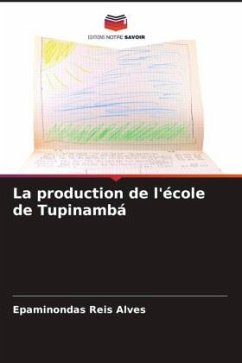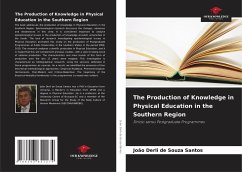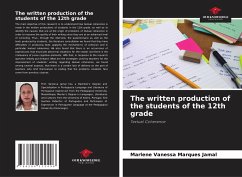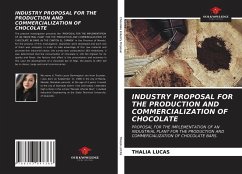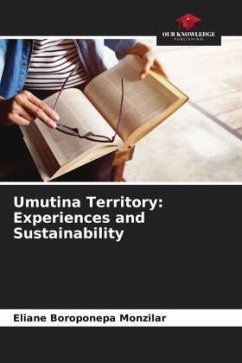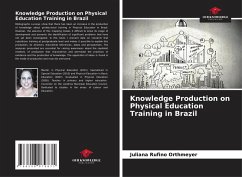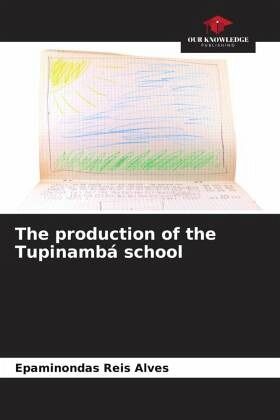
The production of the Tupinambá school
Versandkostenfrei!
Versandfertig in 6-10 Tagen
36,99 €
inkl. MwSt.

PAYBACK Punkte
18 °P sammeln!
The child is understood here as an active subject and producer of culture, and the school as a frontier space, that is, a space of transit, of hybridity, of exchange and articulation of knowledge that is re-signified by the indigenous people. Methodologically, the data was constructed through ethnography, establishing a dialogue with the most recent Brazilian academic discussions on ethnological/ethnographic studies of indigenous societies and the Anthropology of the Child through authors such as Antonella Tassinari (2001), Clarice Cohn (2005), Aracy Lopes da Silva (2002), Toren (2006, 2011, 2...
The child is understood here as an active subject and producer of culture, and the school as a frontier space, that is, a space of transit, of hybridity, of exchange and articulation of knowledge that is re-signified by the indigenous people. Methodologically, the data was constructed through ethnography, establishing a dialogue with the most recent Brazilian academic discussions on ethnological/ethnographic studies of indigenous societies and the Anthropology of the Child through authors such as Antonella Tassinari (2001), Clarice Cohn (2005), Aracy Lopes da Silva (2002), Toren (2006, 2011, 2015), among others. This study aims to identify the elements that make up the teaching-learning process among children and to understand the meanings attributed to going to school, a place where new forms of knowledge construction take place.



